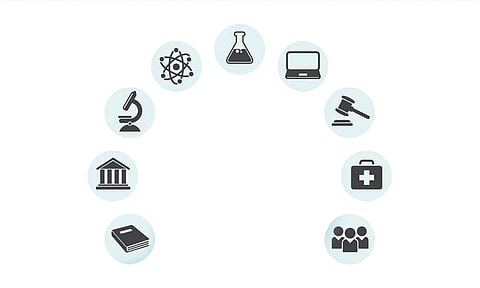In the Bhagavad Gita, Arjuna is himself debating a “career” transition - moving from a kshatriya to a renunciate. He is afraid that in doing his duty as a warrior, he is going to cause devastation and harm. And instead of Krishna giving him a career transition plan, the Lord tells him he MUST do his swadharma, and it’s ok if he doesn’t do it perfectly or well. The alternative is far worse.
From this, we can glean a critical message: Swadharma is so important that it is better to do our swadharma badly or even to die doing it, than it is to do another person’s swadharma.
This runs counter to our wiring as a society, particularly as an Asian community, because we tend to focus on security, rather than purpose. The verse tells us our innate tendencies are what we need to be focusing on, and that is paramount. And this shifts how we look at the world of work because we have to shift our identity from being a job seeker to a seeker.


